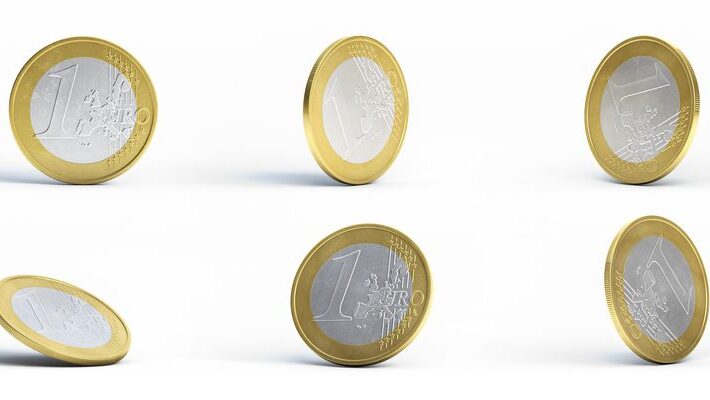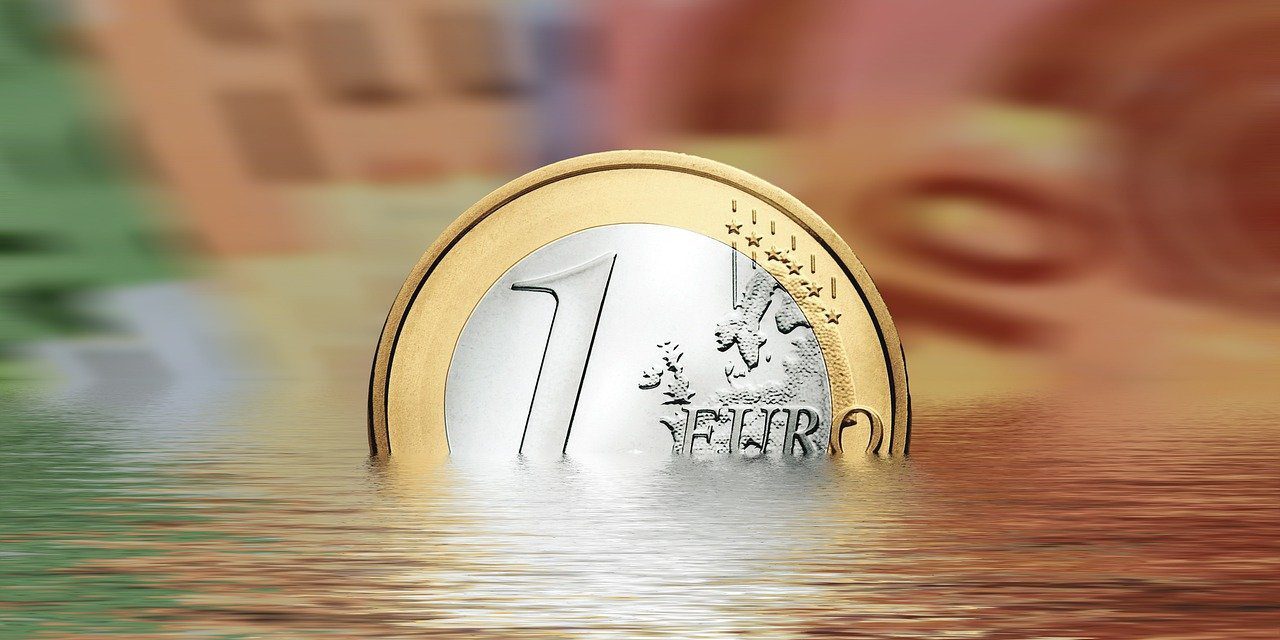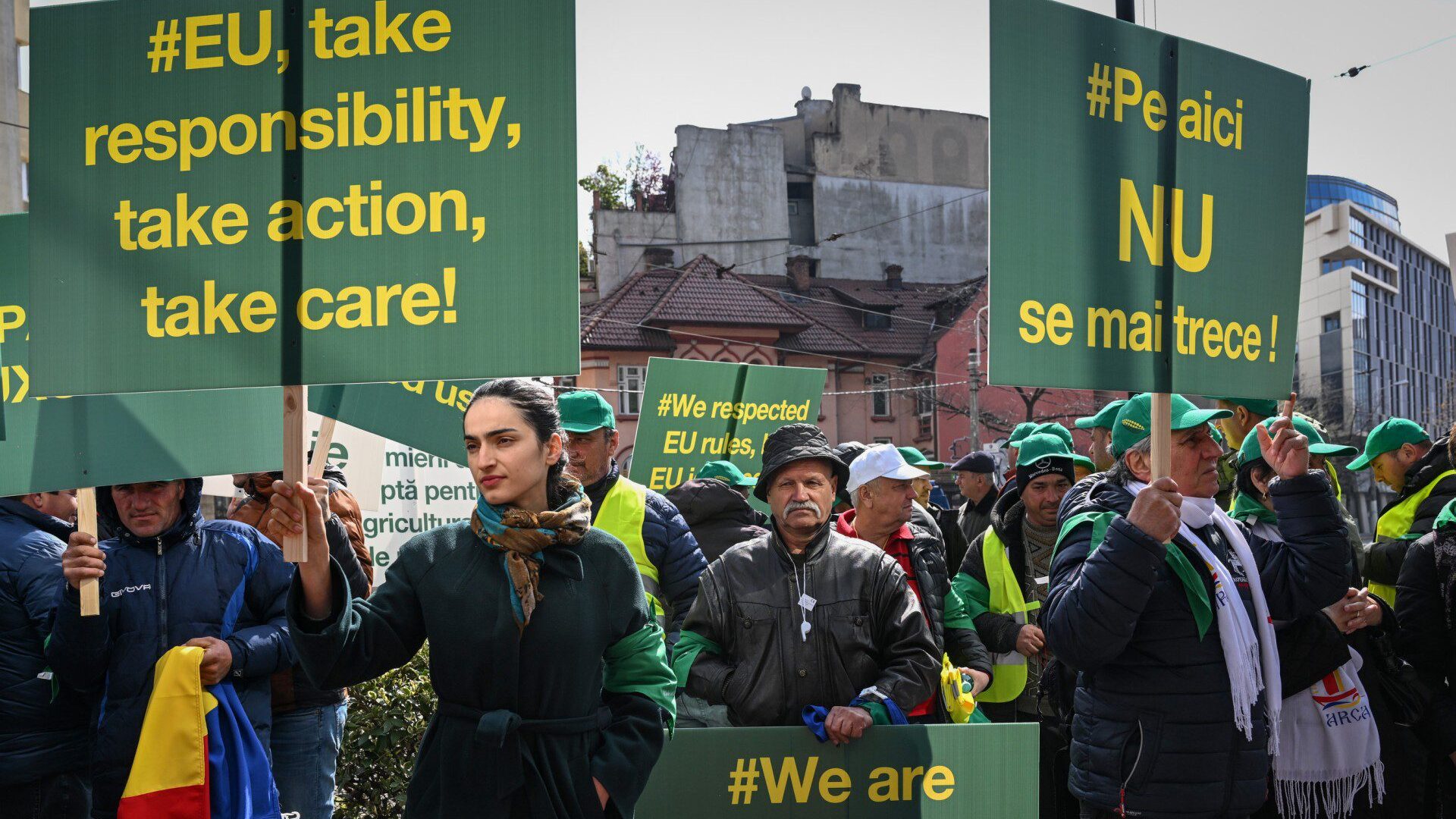
Euros & Dollars: Sweden Lacks Economic Leadership
There is a deep, structural flaw in the Swedish economy. It is so bad that the country is now slow-walking itself into an economic crisis.

There is a deep, structural flaw in the Swedish economy. It is so bad that the country is now slow-walking itself into an economic crisis.

On the surface, everything looks good for the Czechs to join the euro. But look a bit closer, and the picture changes dramatically.

Moscow is set to bring in $15 billion more than expected; aims ‘to inflict pain’ on West, expert says.

The deal would be an “effective contribution to the food security of the world,” Ukraine’s foreign minister said.

On multiple occasions, Russia threatened to quit the initiative because its demands to lift sanctions on Russia’s logistical and financial sectors, which hamstrung its own grain and fertilizer exports, had not been met.

A euro-zone membership would put Sweden on a fast track to a fiscal crisis like the one in the 1990s. That would be bad: the country cannot absorb the fallout from repeating its disastrous mistakes from back then.

If Sweden were to join the euro, its economy would be less unstable, but more stagnant. The situation for Swedish households and domestic-oriented businesses would go from bad to worse.

Farmers in Romania, Bulgaria, and Slovakia have been equally affected by the influx of cheap grain coming from Ukraine.

Ukrainian President Volodymyr Zelensky received Turkish President Recep Tayyip Erdogan and UN Secretary General Antonio Guterres in Lviv for talks on nuclear safety and grain exports.

Dubbed the “Black Sea Grain Initiative,” the agreements will provide safe ocean passage out of the three key Ukrainian ports in the Black Sea—Odessa, Chernomorsk and Yuzhny—and on to the rest of the world.